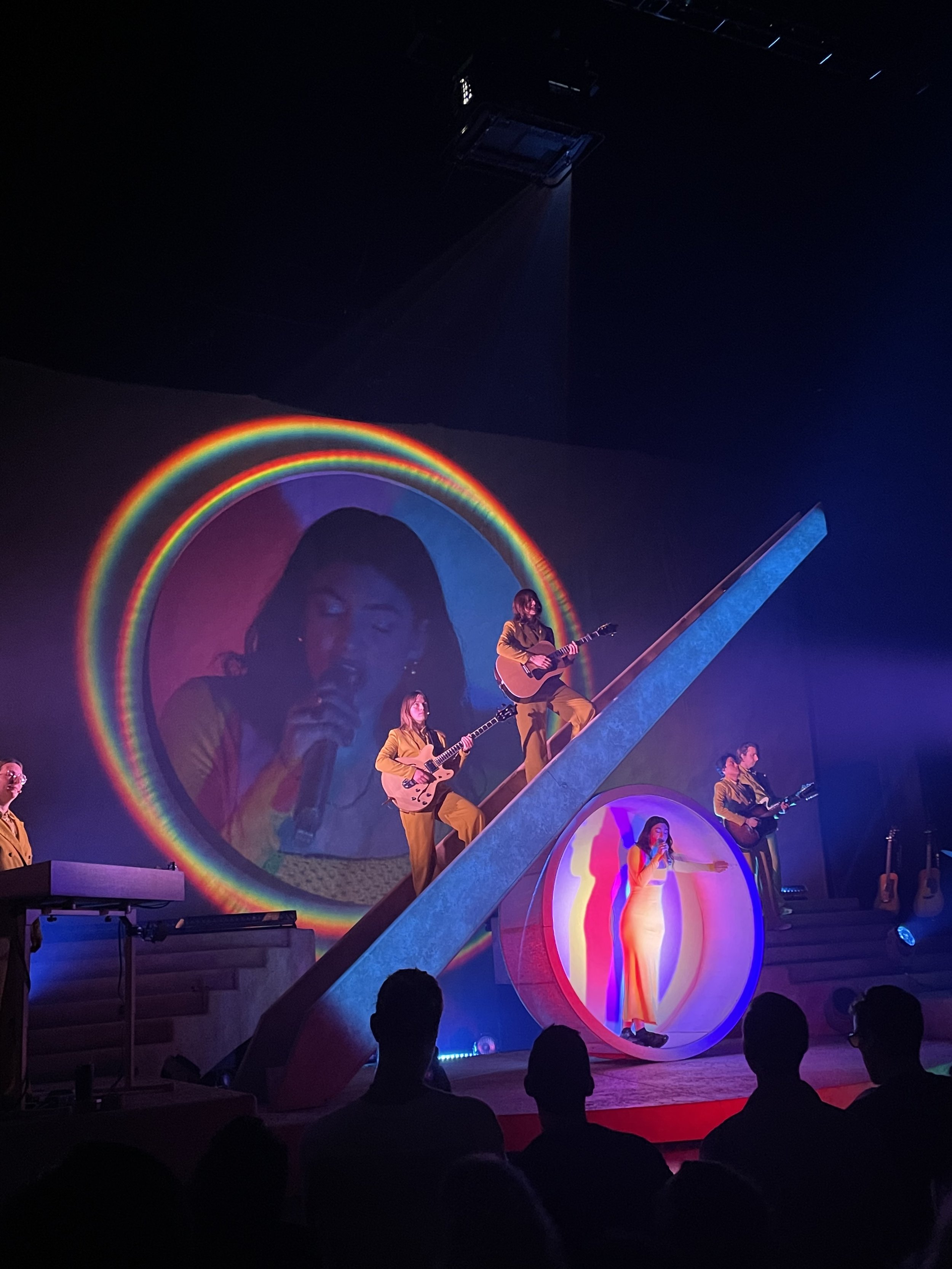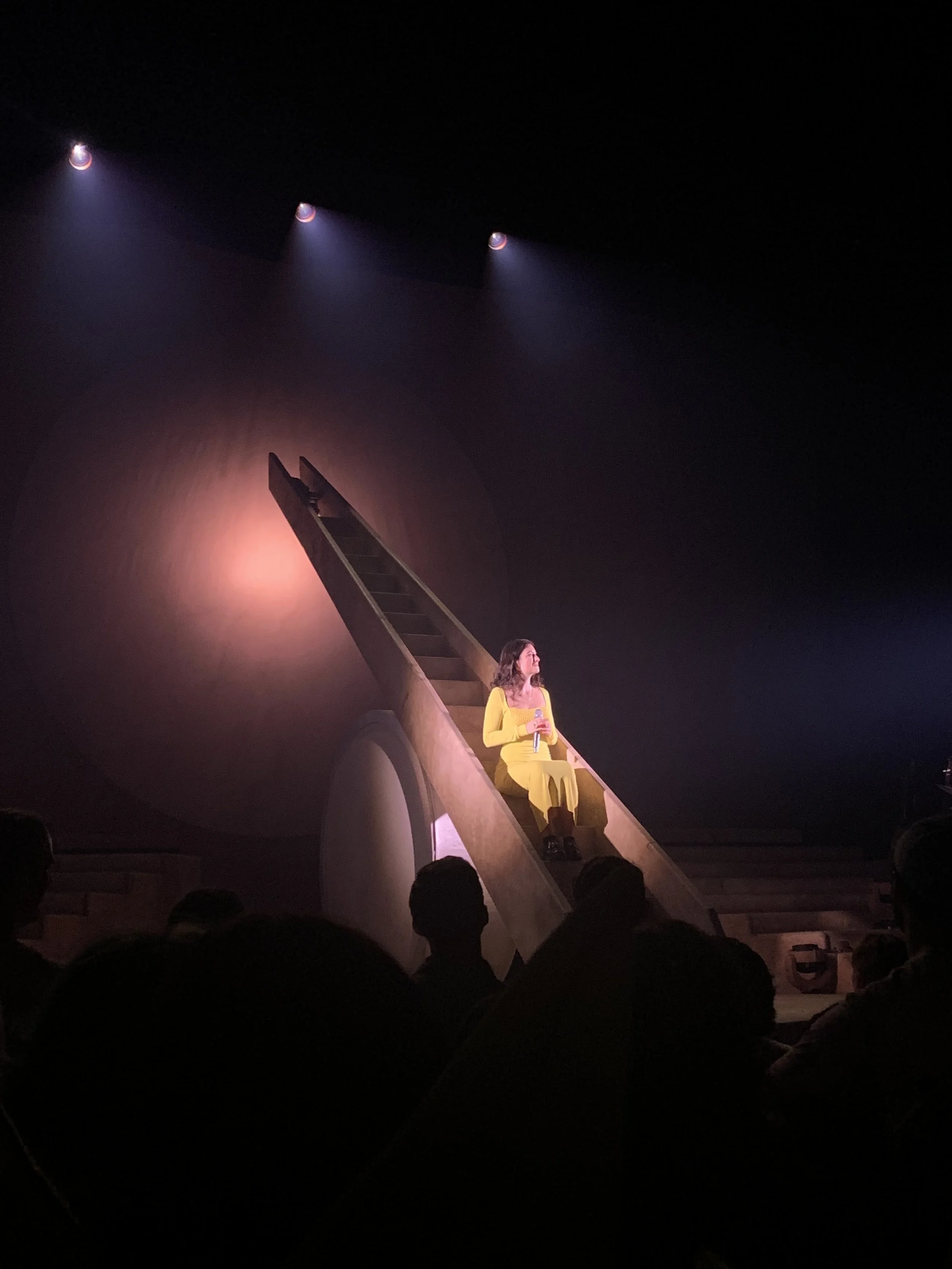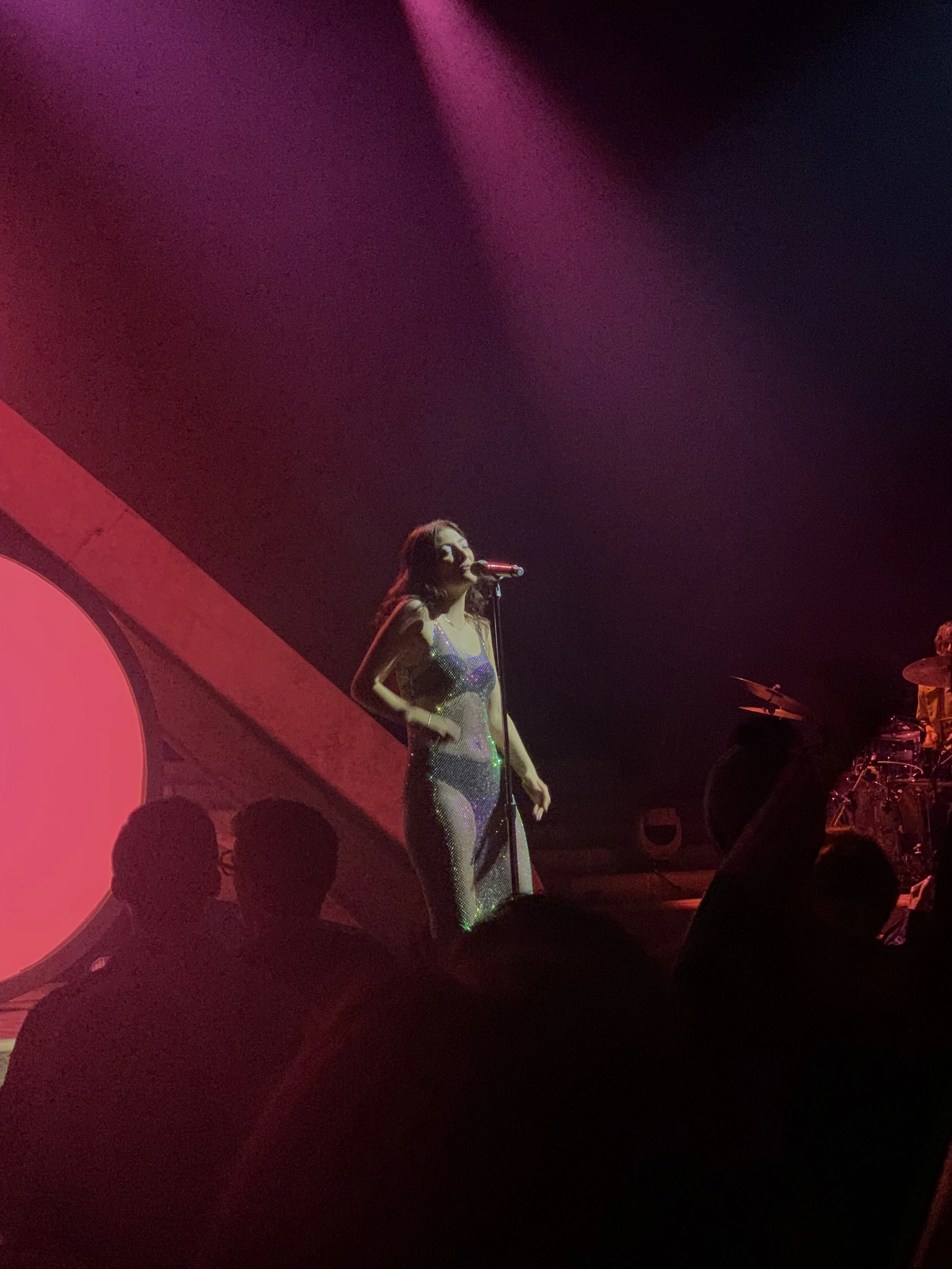
Lorde
〰️
Lorde 〰️
LORDE
By Alexandra LeBaron
Lorde has undeniably had an impact on the adolescent consciousness of the 2010s. When she first came onto the scene, her music was for locked-door bathroom talks at parties, hair braiding in chlorinated pools, airplane tarmac taxis late at night. The disillusioned angst of Pure Heroine evolved into the emotional explosion that was Melodrama, and both albums explored the tension between wanting to make the most of your youth while being disoriented by the experience of aging.
But Lorde’s third album, Solar Power, exists in an entirely different sonic universe. In Solar Power, Lorde is walking barefoot on the beach. She is no longer a ruminating teenager, or a 20-something suffering her first heartbreak, but a “girl who’s seen it all.” Instead of being frustrated with technology, she is disconnected from it; instead of being roiled with confusion and despair, she is simply happy. Or is she?
It would be wrong to call Solar Power a sunny, positive album. “Big Star'' chronicles the death of her beloved dog, Pearl, while “The Path” recounts her negative experiences with fame. But although Solar Power is just as resistant to modern life as her previous two albums, it is clear that the overall message is that peace should be found in nature and sunlight, and that rejection of the digital world is the first step.
Solar Power was met with lackluster critical and popular response. When my friends and I bought tickets for the concert, the album had yet to be released. After more than a year of pandemic, seeing Lorde live in concert would be the light at the end of the tunnel.
What we weren’t expecting, however, was our initial disinterest in the music. Her critique of consumerism, backed by a spare guitar strumming, fell flat. Was the album supposed to be satirizing the LA-brand of wellness? Or was it indulging in it?
Solar Power’s biggest flaw was that it did not elicit the same emotional response as her previous two albums. In my experience, Pure Heroine and Melodrama always coax feeling out of me. Both albums have their own beating hearts that create worlds with their cavities. But with Solar Power, I was left wondering how to feel. Is this music to sunbathe to, or music to cry to?
Dora Jar’s music – namely her song “Scab Song” – feels like what Lorde’s Solar Power was trying to achieve.
“Scab Song” is a bit more psychedelic, leaning into the wild natural imagery of its lyrics and allowing the guitar to devolve into a deconstructed electric riff. Grittiness in the music could have clarified Lorde’s subversive message. A breakdown of melody could have emphasized her questioning the conception of paradise, and whether or not this can exist without exploitation.
That said, I do not think Solar Power should be completely written off. I found that the value of the album was the live performance of it. In her set, Lorde wove together music from all three of her albums. When paired beside songs from Melodrama, Solar Power became more powerful; and next to songs from Pure Heroine, the Solar Power songs that were critical of the modern age became more impactful.
It was clear that this concert was a celebration of Lorde as a person and musician, rather than as a symbol, brand, or product. In Solar Power, she pushes against the idea of being a savior or cultural icon. The concert that I attended was in the intimate Chicago Theater. With a capacity of only 3,600 and ornately decorated with red velvet seats and golden ceilings, this show was much different than the stadium performances of other pop stars that I have seen. She spoke to the audience as if we were friends rather than fans.
At the particular show I attended, Lorde played “Big Star” for the first time live. She said that she thought she would never be able to perform this song live because of its emotional weight and the intensity of her grief over Pearl’s death.
Seeing Lorde live reminded me that at times, our expectations from an artist neglect to acknowledge that the creation of music is a way to work through emotions, often from a deeply personal place. Lorde’s processing of grief can be done in whatever way she pleases, and the expectation for artists to keep creating a certain type of music is limiting.
By listening to songs from Solar Power with her other music, it became clear that Solar Power expanded the fabric of her discography, rather than took away from it. If the role is music to forge connections with the listener, then the live performance of Solar Power accomplished that; and if the role of music is to allow the artist to process their own emotions, then Lorde can be the only judge of Solar Power’s success.

